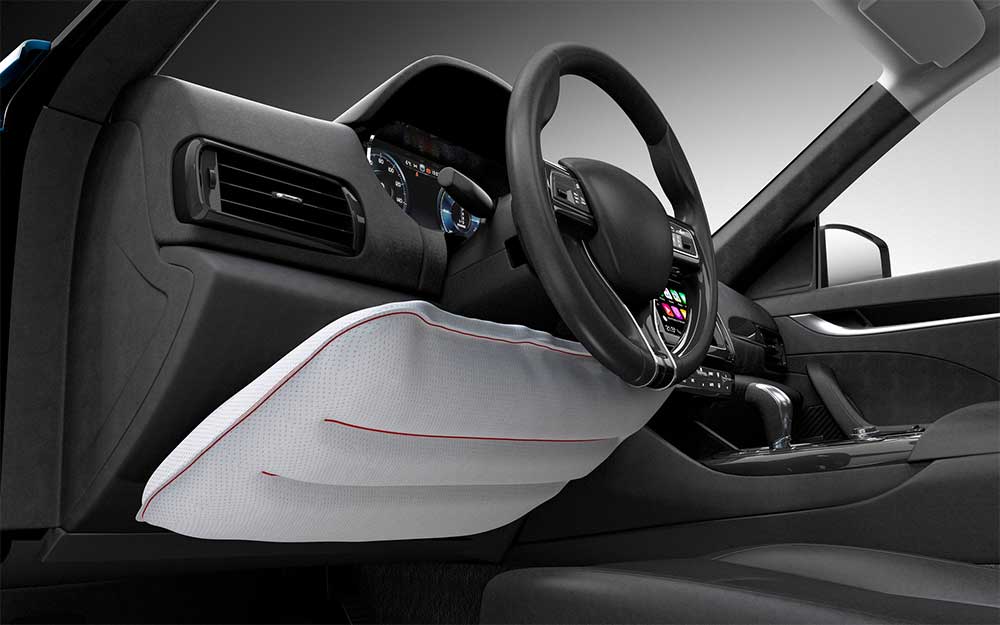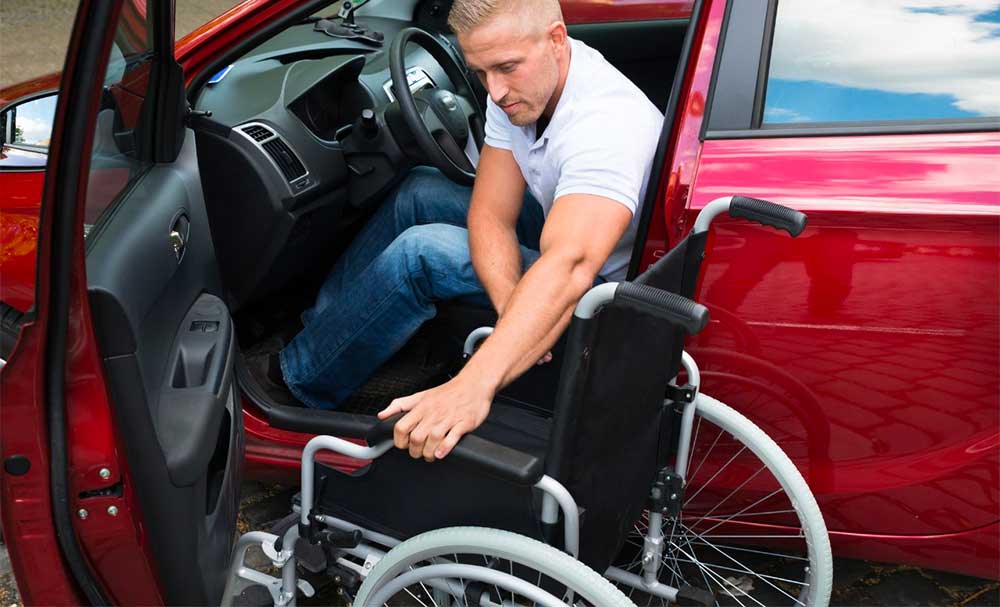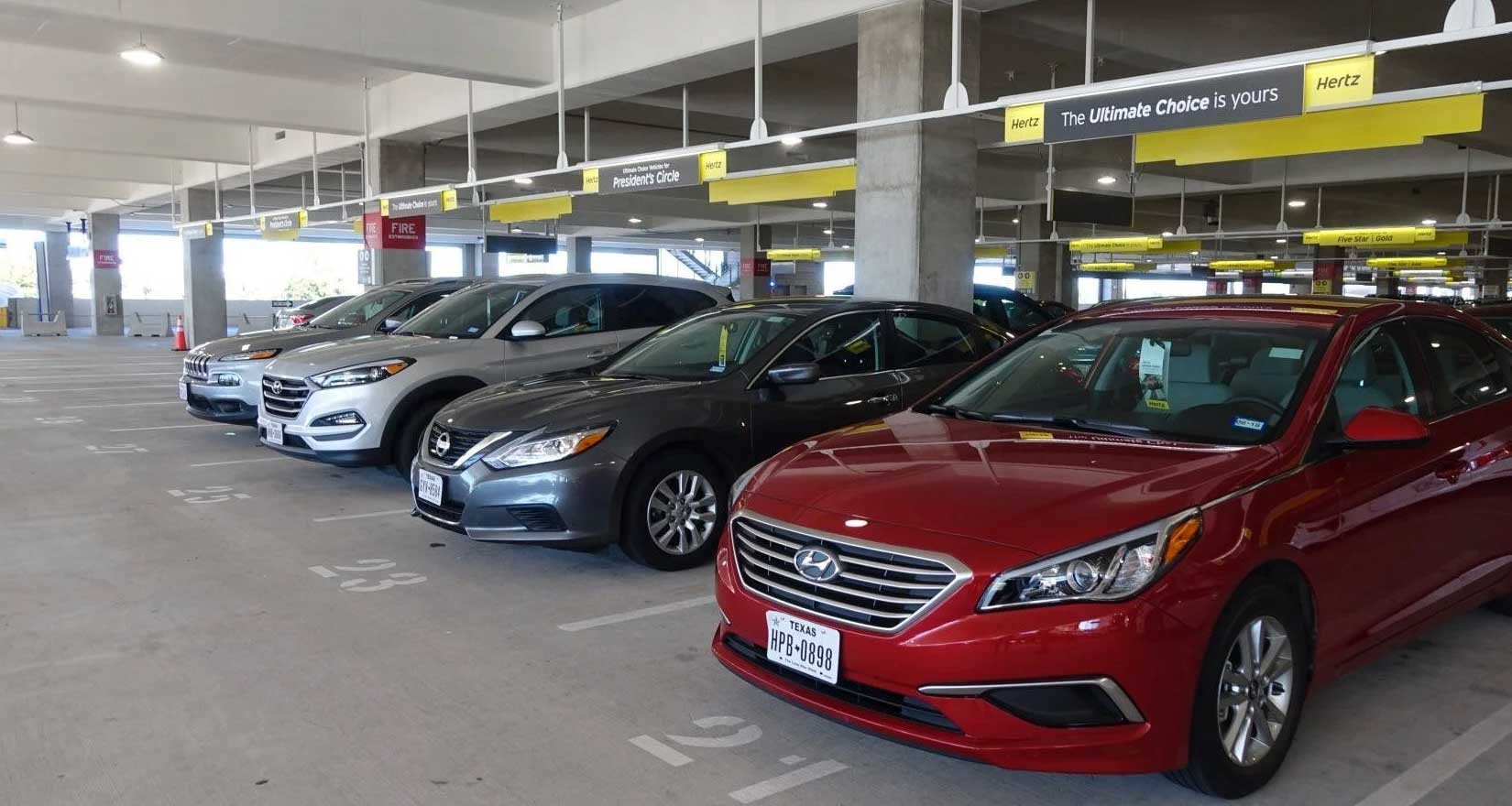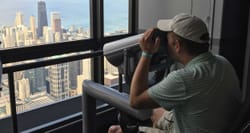The U.S. Department of Transportation’s National Highway Traffic Safety Administration (NHTSA) has proposed a new rule that will expand access to rental cars for people with disabilities.
In recent years, vehicle manufacturers have outfitted some vehicle models, including many popular sedans, with knee bolster airbags. For drivers who use hand controls, knee bolster airbags are problematic because, when deployed, they are likely to cause the hand controls to strike the driver.

When purchasing a vehicle, wheelchair users often deactivate these airbags, but rental car companies are prohibited from doing so by existing regulation. As a result, many wheelchair users have found it difficult to rent cars with hand controls. A number of readers have written to inform me that some rental car companies have only been able to install hand controls in sport utility vehicles, which are often too high to transfer into from a wheelchair. Earlier this year, I researched the issue in greater detail and published a list of rental car makes and models that support adaptive hand controls.
In the first of two proposed changes, the Department of Transportation would allow rental car companies to temporarily disable the driver’s side knee bolster air bag to make the installation hand controls possible. This change, according to U.S. Transportation Secretary Elaine L. Chao, “will make it easier for individuals with disabilities to achieve greater mobility and freedom in their lives.”

For those of us who use larger mobility devices, a second proposed rule change could improve access to rental vehicles. According to its proposal, the NHTSA aims to permit the installation of rear-mounted transporters for wheelchairs and power scooters, even if those transporters block the backup camera’s view. Although it is unclear which, if any, rental car companies would provide wheelchair or scooter carriers, the rule change is nonetheless an important first step.
According to a statement released by the NHTSA, “federal law generally prohibits a manufacturer, distributor, dealer, rental company, or motor vehicle repair business from knowingly making inoperative any part of a device or element of design installed on or in a motor vehicle in compliance with a Federal Motor Vehicle Safety Standard.” Through these proposed rule changes, exemptions will be permitted to enable greater access to rental cars for people with disabilities.
Given the difficulties faced by wheelchair users in renting sedans with hand controls, I am personally a strong supporter of these common-sense regulatory reforms. To express your support for the proposed changes, public comments can be submitted through January 27, 2021.














